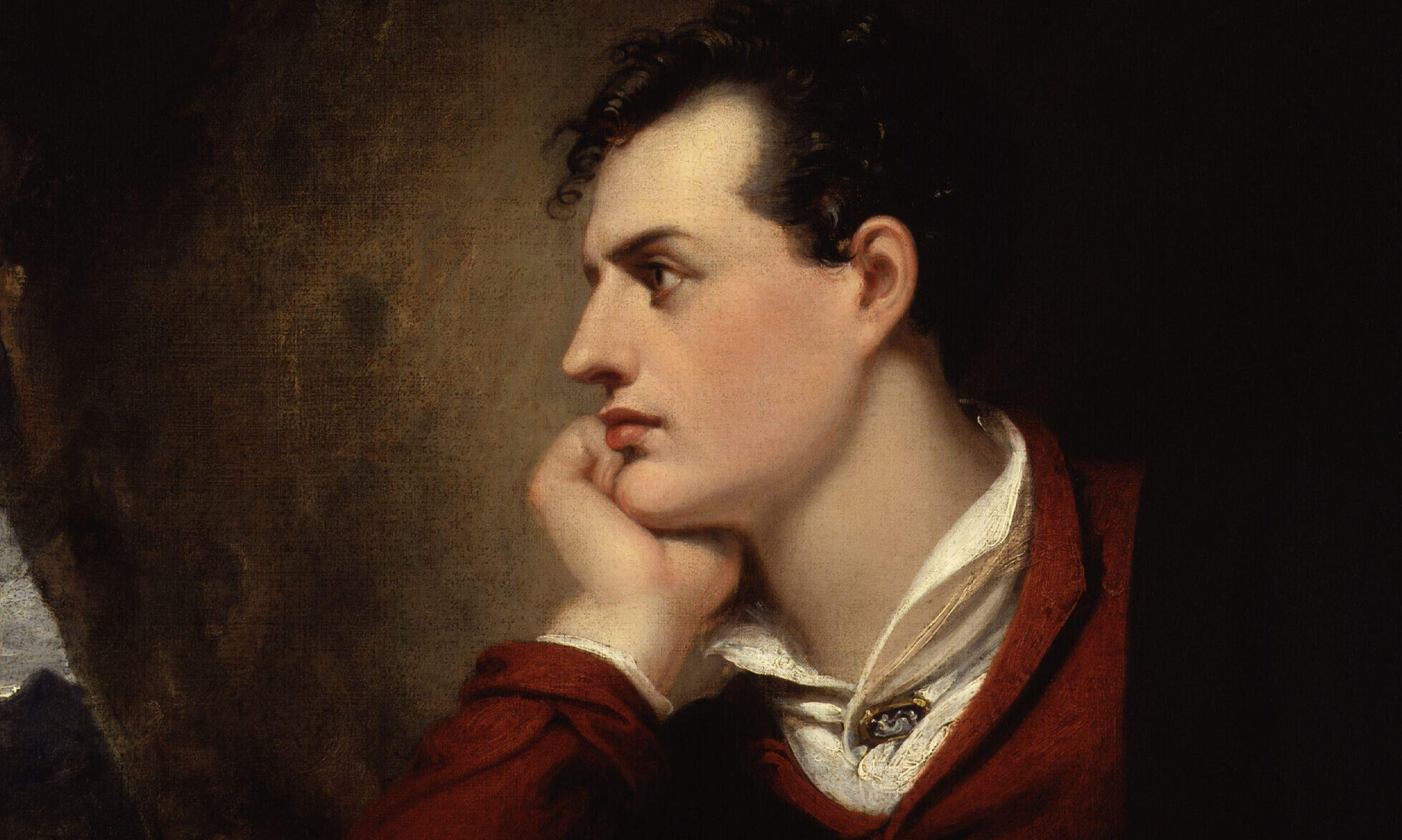History
State of the Union: The prince of the Romantics died 200 years ago Friday.

(Wikimedia Commons)
Nottingham is a weird old town, radical and reactionary at the same time. It was the place where King Charles I raised his standard against the Parliament, starting the English Civil War. It is overgrown with Robin Hood statues all over the city center. It is a Labour party stronghold, although it is surrounded by working-class deep Englanders who voted for Brexit in nearby Mansfield and Chesterfield. Almost next door, in Lincolnshire, Margaret Thatcher was born—and is reviled to this day. It is where I completed my PhD, at the University of Nottingham, a Russell Group University. It is near where Lord Byron lived in Newstead Abbey.
George Gordon, the sixth Baron Byron, died 200 years ago on April 19 in Greece, fighting for Greek independence against the Ottoman Empire, back when hereditary elites had the conviction to go to war personally for causes they believed in, instead of tweeting and sending their hapless fellow working-class citizens to die in lands far away for no reasons at all.
Byron hated conservative-realists. He was fascinated by Bonapartism. He despised Castlereagh and Metternich for what we would now call their illiberalism. In his maiden speech at the House of Lords, he did, however, defend the Luddites against the onslaught of science and the technological revolution that ultimately changed the globe.
In the museum at Newstead Abbey, alongside Byron’s books and harp are incredible little items, such as his betrothal ring with the inscription Crede Byron, a coin damaged by a shot, duelling pistols, cutlasses and sabres, and a cuirassier helmet that he used in Greece during a cavalry charge.
Byron was infamously handsome, and even more notoriously a womanizer, once termed “mad, bad, and dangerous to know” by one of his many mistresses.
Subscribe Today
Get daily emails in your inbox
He remains the greatest Romantic of the era that birthed the term, and perhaps the greatest poetic virtuoso of the English language.
My most favorite work of his, however, is his dedication in the epitaph to his dog, words that were written with no other emotions than true grief and loneliness.
Oh man! thou feeble tenant of an hour,
Debas’d by slavery, or corrupt by power,
Who knows thee well, must quit thee with disgust,
Degraded mass of animated dust!
Thy love is lust, thy friendship all a cheat,
Thy tongue hypocrisy, thy heart deceit!
By nature vile, ennobled but by name,
Each kindred brute might bid thee blush for shame.
Ye! who behold perchance this simple urn,
Pass on, it honours none you wish to mourn.
To mark a friend’s remains these stones arise;
I never knew but one—and here he lies.
>>> Read full article>>>
Copyright for syndicated content belongs to the linked Source : The American Conservative – https://www.theamericanconservative.com/it-honours-none-you-wish-to-mourn-the-bicentenary-of-byrons-demise/